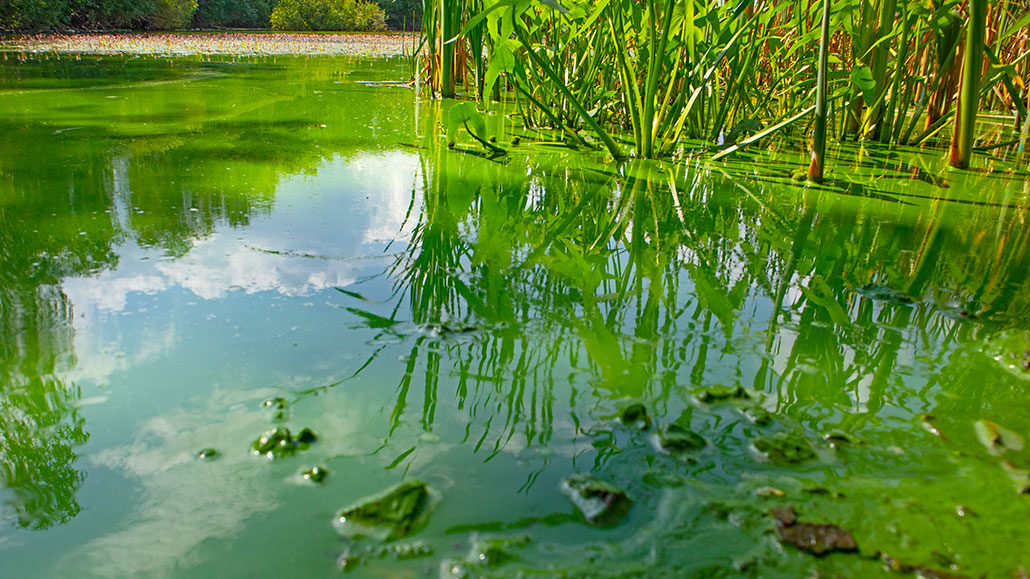Questions for “Pond scum can release a paralyzing pollutant into the air”

Overgrowth of cyanobacteria — the blue-green algae coloring the water here — can release toxic pollution, making this water dangerous to animals and people.
Marvod/iStock/Getty Images Plus